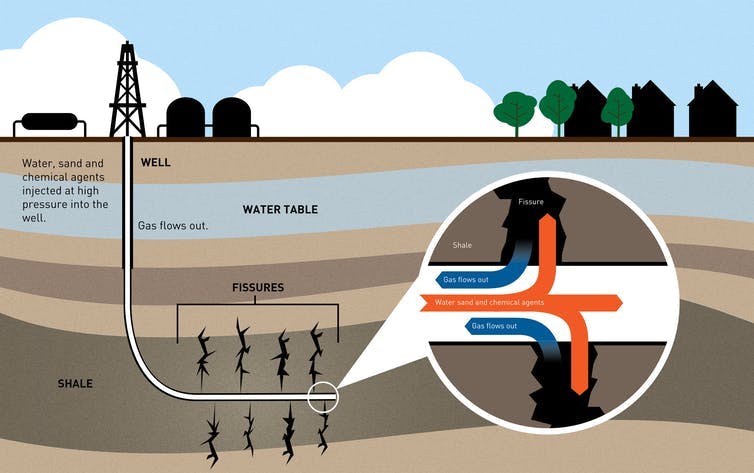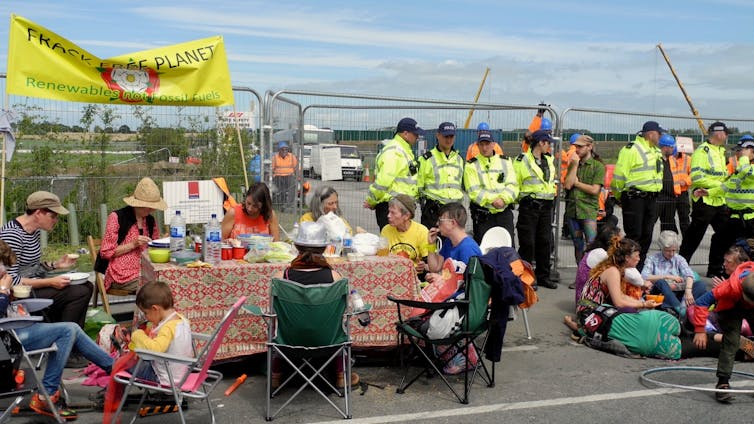 |
| Only a few days ago |
Green Left says ‘no’
to supporting Jo Swinson’s second rate Tories. The Liberal Democrats nationally
oppose our Green values.
Green Left believes
a step forward for the green movement in the UK has taken place recently, with
many people joining both the Green Party and Labour Party, reflecting real
concerns about the threat of climate change to our very existence on this
planet.
Green Left welcomes
the fact that the Green New Deal is gaining support on the left, especially in
the Labour Party, and we believe that Greens should engage with
others who share the same policies as us, to build the green movement for
change which is the only way to save the planet.
Green Left believes
the mass movement of Extinction Rebellion and the Youth Strikes shows up the
pro capitalist parties for what they are – gambling with the planet. The Lib
Dems are part of the problem not the solution.
The Liberal
Democrats are a party whose leader, Jo Swinson, received funding from a major
fracking company and voted for fracking. She and her party also voted for the
bedroom tax, benefit cuts and the introduction of Universal Credit, the
scrapping of the education maintenance, increased tuition fees, opposed
increasing the tax rate on those earning £150,000, supported cuts to the police
and emergency services, supported zero hours contracts, supported the badger
cull and did little to challenge climate change, preferring instead nuclear
power.
The Lib Dems are also uncritical
supporters of the EU, unlike the Greens who want major democratic reform and
accountability. The Lib Dems reject a proper further referendum that allows
people a democratic say on any EU deal or no deal.
Green Left believes Caroline Lucas was
right to warn how dangerous the Lib Dems position of ignoring the Referendum
result, and instead going for Revoke, is : “I certainly think
that the Lib Dem way out is arrogant, self-indulgent, cynical and very
dangerous. I think that will put fuel on the fire.” LINK
Green Party policy has been for a
second people’s vote, and in this case is closer to that of Jeremy Corbyn
and the Labour Party, who also support a second referendum, than the Liberal
Democrats’ Revoke position.
Green Left is very concerned that the
implied call to support Liberal Democrat General
Election candidates where the Green Party is not standing and
where the Labour candidate was either the sitting MP or is the
best placed candidate to defeat the Tory MP is an incorrect
position to take - especially if that person supports anti-austerity,
proportional representation, a Green New Deal and a people’s vote.
Therefore, we urge Green Party
members and supporters to support the Labour Party candidate in these areas.
The UniteToRemain
pact contradicts the Green Party’s initial position that this should be
a Climate Emergency election. Instead the pact makes it a Brexit election.
Editor's note: I am a member of Green Left and was involved in writing this statement which I fully support








